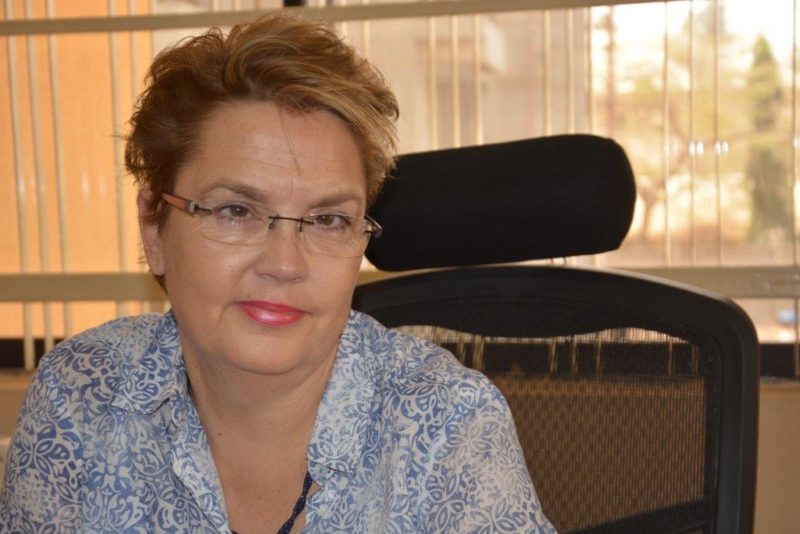Nigeria is stepping out as the first country in Africa to roll-out a novel National Policy for Controlled Medicines (NPCM).

Experts from diverse fields comprising pharmacists, anesthetists and surgeons, amongst others, gathered at a recent town hall meeting in Abuja to finalise a comprehensive policy framework to ensure availability of essential medicines, narcotics and painkillers for tertiary hospitals, primary health care centres, district and general hospitals; thereby keeping hope alive for patients with terminal cancer, those suffering from injuries caused by accident and violence, chronic illnesses and those recovering from surgery who undergo untold suffering due to lack of opioid analgesics which can easily control pain.
Such drugs which are usually recognised to have a number of medical uses, including as analgesics for the treatment of mild, moderate and/or severe pain includes, but not limited to buprenorphine, oxycodone, fentanyl, hydromorphone, methadone and morphine, to induce or supplement anaesthesia (fentanyl and fentanyl analogues such as alfentanil and remifentanil), as cough suppressants (codeine and some other substances), and for the treatment of opioid dependence syndrome (buprenorphine and methadone).
The comprehensive NPCM developed by Nigeria is the result of the cooperation between United Nations Office on Drugs and Crime (UNODC), the World Health Organisation (WHO) and the Union for International Cancer Control (UICC) under the framework of the Joint Global Programme on “Access to Controlled Drugs for Medical Purposes While Preventing Diversion and Abuse”. UNODC and WHO have complementary mandates, experience, competencies and networks.
Funding support was provided through collaboration and partnership with the European Union (EU) which had earlier supported the development of quantification guidelines for narcotic and psychotropic substance and the conduct of a survey on problematic drugs in Nigeria under the auspice of the “Response to Drugs and Related Organised Crime in Nigeria” project.
The ambitious policy shift is a response to the Global Access to Pain Relief Initiative (2012) which reported that Nigeria consumed only 0.1% of narcotic medicines required to manage pain in patients who died of HIV/AIDS and cancer in 2009.
The “Draft National Policy for Controlled Medicines and its Implementation Strategies” elaborates practical approaches to ensure availability of, and accessibility to controlled medicines and articulates a comprehensive policy framework that clearly describes the supply chain with quality assurance mechanisms. It also makes funding recommendations to ensure sustainability of the interventions to address medical needs of all patients in Nigeria as well as strategic plan of actions to implement the Policy.
The meeting brought together 74 stakeholders to review the draft policy developed by a 22-member group of experts from the government agencies, private sector and civil society who provided their expertise in developing the policy. The phase was essential in order to have a broader consultation of a broad range of stakeholders to provide them the opportunity to contribute their knowledge and expertise and to make sure the policy is representative.
UNODC Country Representative, Ms. Cristina Albertin, expressed delight in Nigeria’s effort to lead the world in the development of a national policy, saying that the policy fully aligns to what has been internationally recognised by the International Drug Control Machinery.
The Right to Health is among one of the Fundamental Human Rights as stated in the Universal Declaration of Human Rights (article 25) and it is also one of the points expressed in the Sustainable Development Goals (Goal 3.8) focusing on increasing access to essential medicines. The development and implementation of this policy is therefore fully in line with the 2030 Agenda for Sustainable Development.

